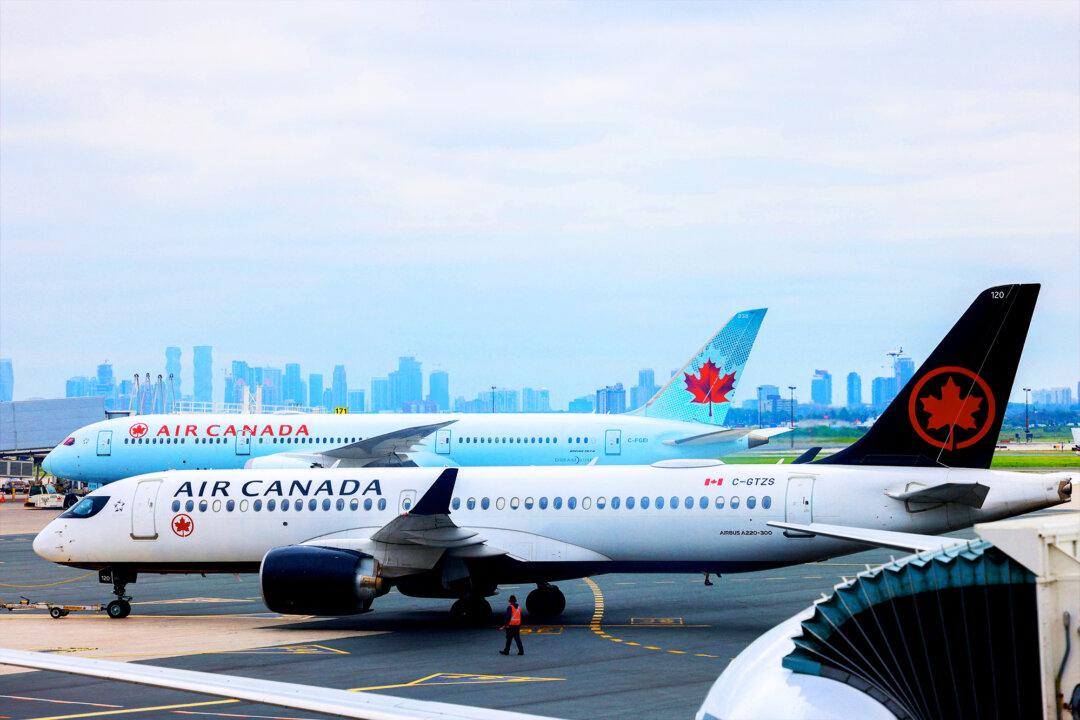A couple’s long-dreamt beach vacation dissolved into a nightmare of connecting flights and hours on hold over a three-day period in 2023, but a judge has now awarded them damages to the tune of $10,000, finding Air Canada culpable of breaching its obligations.
In a small claims court in Yukon, plaintiffs Nettassia Southwick and James Dolsen sued Air Canada for several breaches of the Air Passenger Protection Regulations (APPR) after their travel plans to visit Cuba never materialized. The couple had saved for three years, booked time off work, and arranged for their kids’ care at home for their long-awaited parents-only beachside getaway.





